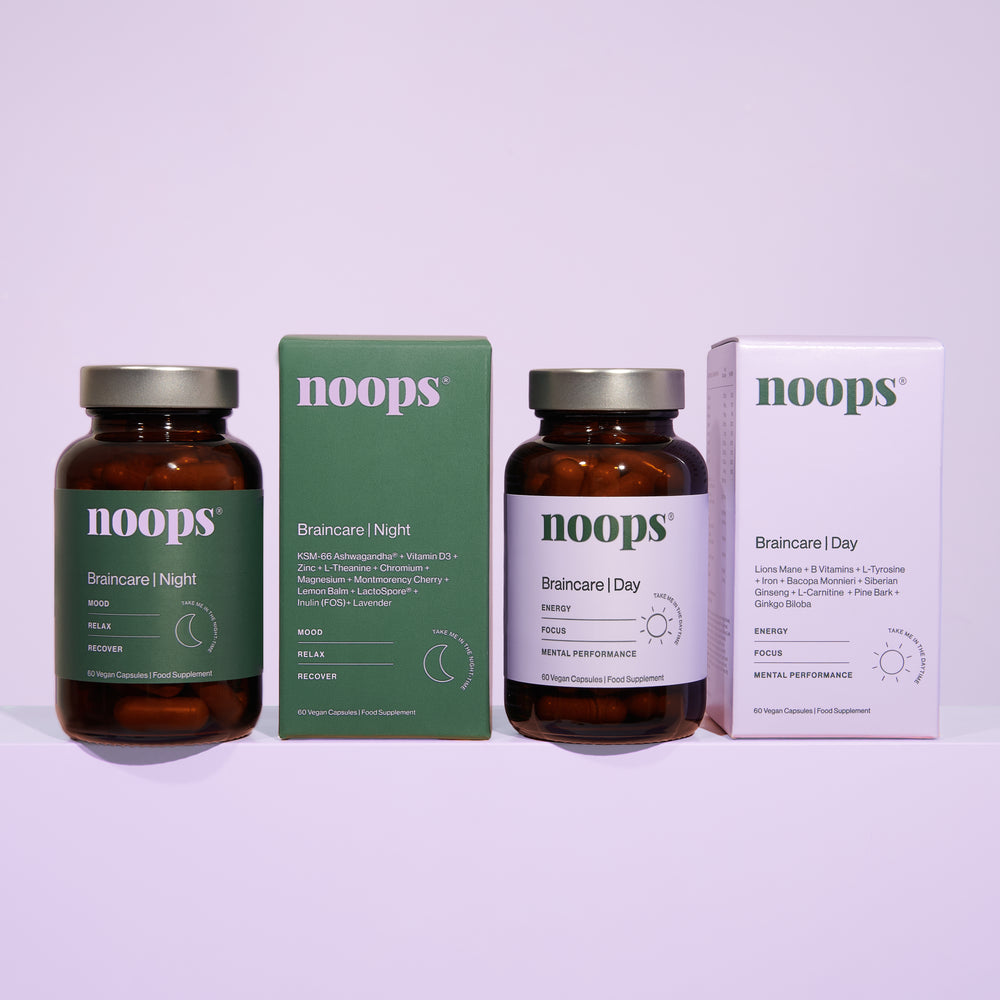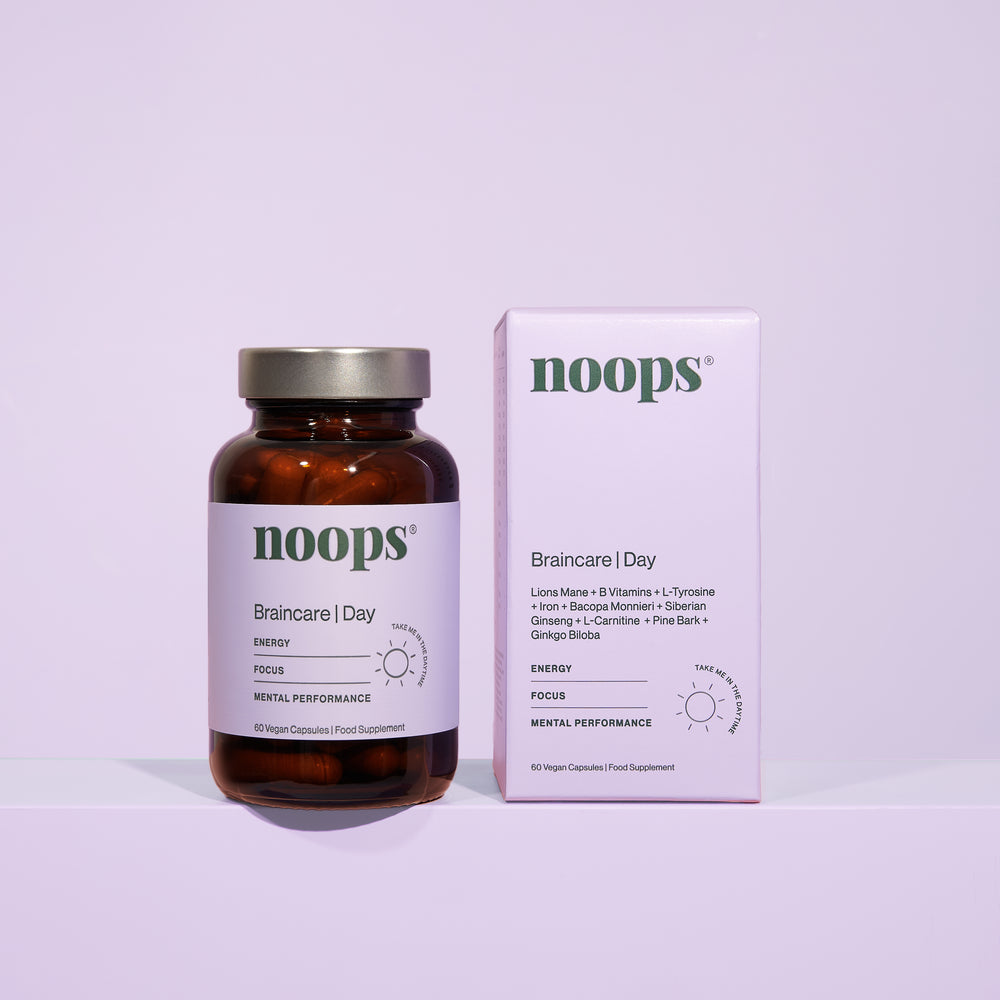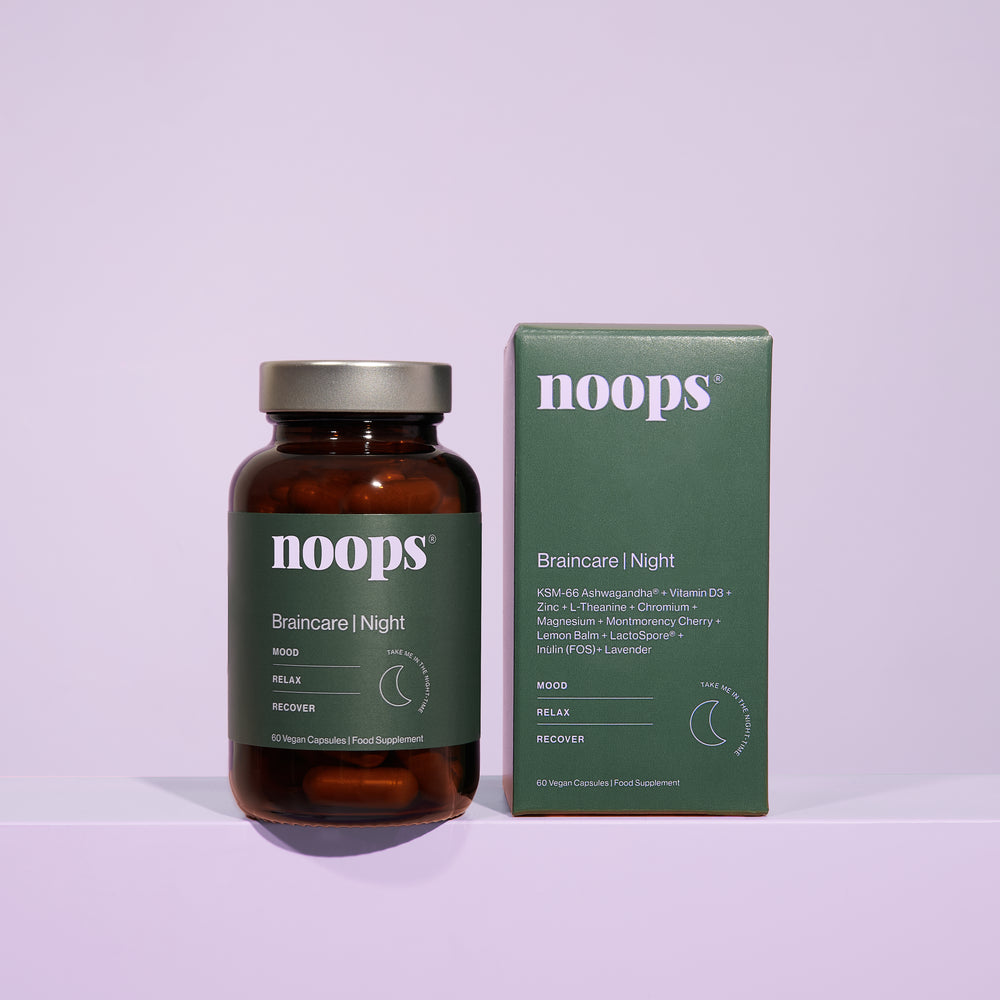10 Signs of ADHD in Women That Often Go Missed 💜
For all of my life, I felt I was different, I knew I was different.
Not broken. Just… wired in a way I couldn’t explain.
I’d look around and wonder how everyone else seemed to cope so easily, with routines, admin, mess, moods, noise, smells, pressure.
Meanwhile, I was trying so hard just to keep up, and constantly feeling like I was falling behind.
Disorganised. Too emotional. Always a bit much. Always a bit late.
Starting things I couldn’t finish, or hyperfixating on the tiniest detail for hours.
And I’ve lost count of how many times I’ve been told I’m too sensitive.
Imagine hearing that your whole life.
As if your feelings only mattered if someone else could relate to them.
As if your emotional world was a flaw to tone down, how is that even possible?
I went to my doctor countless times saying, “I don’t feel right.”
I’d say, “I’m not depressed. I love my life, I’m so grateful, but I feel like I can’t cope, its too much.”
And sometimes, when things got really heavy, I’d admit I didn’t want to be here anymore, I cant do this, I don't feel good enough, whatever I do is never good enough.
The answer?
“You’re anxious. Here’s a pill.”
Then years of therapy. Crying, sobbing. Pouring my heart out about how hard everything felt. The answer there? EMDR. Trauma work. Something deeper. But still… it never quite explained it.
No one asked about ADHD.
No one joined the dots.
Even though the signs were always there. How an earth did these professionals miss this?
Why so many women go undiagnosed
ADHD in women doesn’t always look the way people expect.
It’s not always bouncing-off-the-walls energy. It’s not always about being disruptive.
In women — and people raised as girls — ADHD often shows up as overwhelm, emotional sensitivity, masking, people-pleasing, or perfectionism. And because so many of us learn to hide it well, it goes unnoticed for years. Sometimes decades.
If this sounds like you, here are 10 signs that often go missed — and why it’s not “just in your head.”
1. You’re constantly overwhelmed by basic tasks
Things like laundry, emails, or packing a bag feel mentally enormous — and your brain doesn’t know how to begin. You’re not lazy. You’re stuck in executive dysfunction.
2. You procrastinate until the last possible second
You wait until you feel the urgency to act. It’s not about poor planning — it’s about your brain needing a dopamine kick to get going.
3. You’re hyper-aware of other people’s emotions
You notice every shift in tone, body language, or energy — often taking it on as your responsibility. That emotional sensitivity is common in ADHD, especially in women.
4. You can’t regulate your focus — only your interest
You either can’t start something at all, or you’re in a deep hyperfocus spiral for hours. It’s not a discipline issue — it’s about how your brain prioritises stimulation.
5. You’re constantly apologising or masking
You’ve learned to say “sorry” for things that aren’t your fault. You shape-shift to fit expectations. That’s not a confidence issue — that’s socialised masking.
6. You feel things intensely — and sometimes too much
ADHD can amplify emotional reactivity. You feel everything in high-definition, and it’s exhausting.
7. You lose things… all the time
Keys, cards, water bottles, sunglasses — you name it. You feel scatterbrained even when you’re trying your best.
8. You talk a lot, or not at all — and later replay it all in your head
Social interaction can be a minefield. You either overshare or shut down, then spiral later thinking about everything you said.
9. You live in extremes
You’re either all-in or completely avoidant. Overachieving or burnt out. Energised or shut down.
10. You’ve always felt ‘too much’ — and also not enough
You try harder than anyone realises. And yet you still feel like you're dropping the ball — at work, at home, in your mind.
If you see yourself in this list...
You're not broken. You're not lazy. You're not alone.
ADHD in women is often missed because we’re taught to perform, to cope, to not be a burden. To multi task. But that doesn’t mean it’s not real — or that you have to keep pushing through it without support.
Whether you’ve already been diagnosed or you’re just starting to explore it, knowing the signs is a powerful first step. Understanding your brain isn’t self-indulgence — it’s self-respect.
And your sensitivity? That’s not a weakness. It’s information. It means you feel. You care. You connect. That matters — even if not everyone has the range to understand it.
Want more practical support?
We’ve written another post on ADHD, Procrastination & the Power of Sensory Rewards and 5 Things People With ADHD Wish you knew.
And if you're looking for something to support you, the Noops Day and Night Duo formula was made for brains like yours. It blends nootropic botanicals like Lion’s Mane, Ginkgo Biloba, and L-Tyrosine to support clarity, energy and mental stamina — without harsh stimulants or big crashes.
Follow @noopsnootropics for more lived-experience content and practical braincare that actually makes sense.




